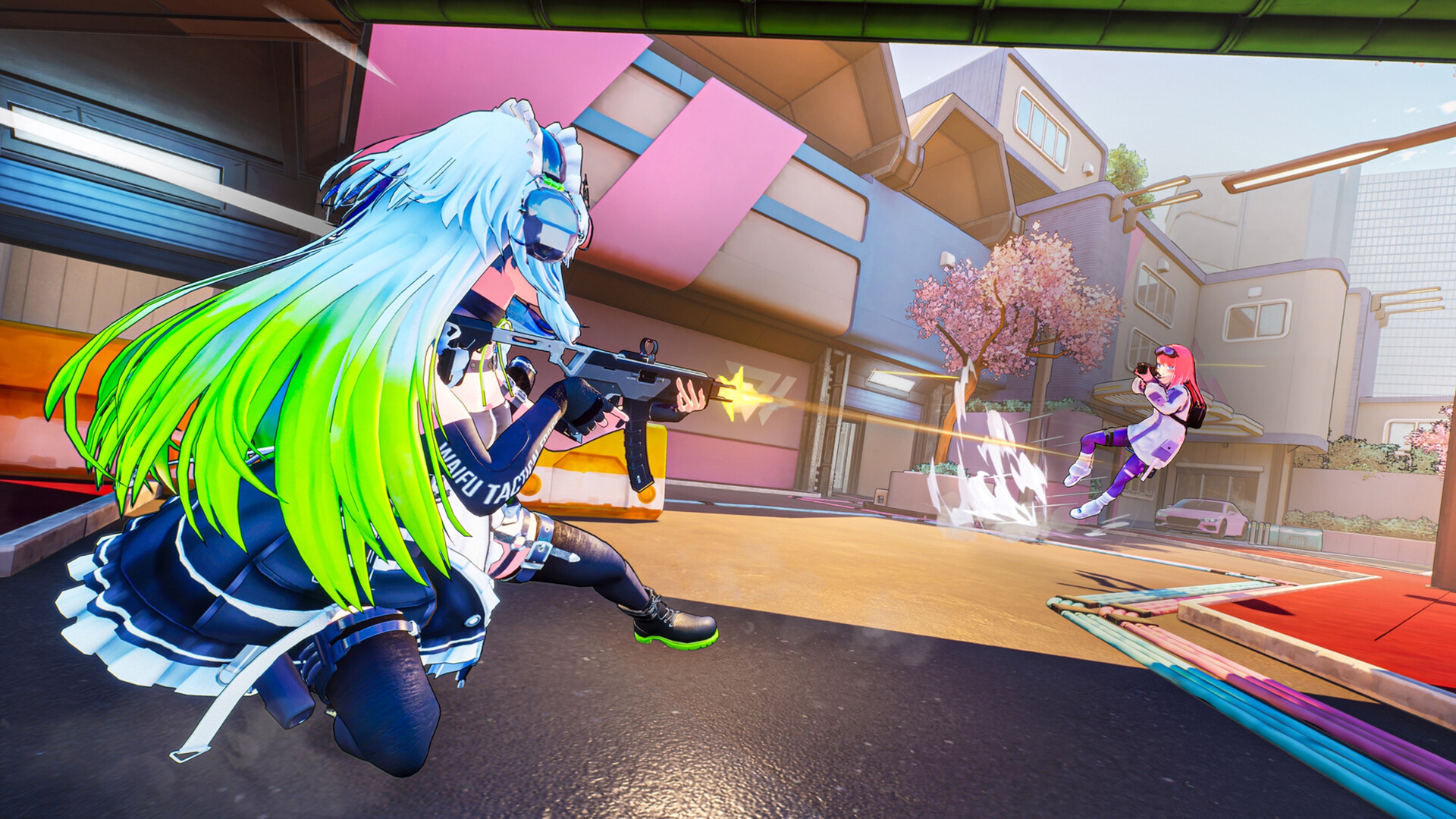
No stranger to the increasingly crowded and competitive gaming headset market, HyperX has consistently stood out, dependably delivering quality performance, long-lasting comfort, and durable designs across its line of mid to high-end models. With its recently released Cloud Stinger 2 – an update of the company’s popular budget-minded Cloud Stinger – the reliable brand attempts to again hit that same trifecta at a fraction of the cost.
HyperX Cloud Stinger 2 Gaming Headset – Design and Features
The Cloud Stinger 2’s lower price is apparent as soon as you free the headset from its packaging. Forgoing the familiar, aluminum frame of the brand’s more premium builds, this budget entry is almost entirely constructed of plastic. The mold is pretty solid and the matte finish is pleasant enough on the eyes, but if you’ve been spoiled by sturdier models, you’ll have trouble overlooking the Cloud Stinger 2’s flimsier feel.
Given its affordability, I wasn’t especially bothered by this cheaper chassis construction, but was more put off by the ear-cups’ excessively loose swivel. While I appreciate the convenience and comfort that comes with rotating cups, the Stinger 2’s have far too much play, lending to an especially wobbly, inferior feel.
Of course, the saving grace of this cost-cutting design is the brand’s signature comfort. Coupled with cozy leatherette and memory foam coverings, the lightweight build provides a feathery, ergonomic fit that might find you forgetting you’re even wearing a headset. I tested the Cloud Stinger 2 for several weeks, donning them for lengthy days of work and play, before clocking another couple hours of bedtime TV streaming. Discomfort was never an issue, even with eyeglass arms tucked beneath the cans for most of my testing period.
My only minor complaint here is that the headband adjustment slider moves too easily. Like the too-loose ear-cup swivel, this feature would benefit from far more rigidity. As is, it feels insecure and can occasionally cause your adjustment to gain – or lose – an unwanted notch when positioning or removing the headset. The addition of numbered notches is welcome, letting you assign – and memorize – a precise value to your perfect fit; I just wasn’t expecting to rely on this feature, frequently re-dialing in my preferred fit whenever it slipped out of place.
Speaking of those numbered notches, they pretty much represent the limit of the headset’s features. The Cloud Stinger 2 is a no-frills offering, providing the bare minimum of what you need to game. It’s a wired headset with a permanently fixed cord, and a mic that isn’t going anywhere either. The latter conveniently mutes when raised, but it would be nice to detach it entirely when using the headset outside of the home. On-board controls are limited to a red, chunky volume wheel, which nicely contrasts with the black peripheral.
The lack of flashy features is by no means a deal-breaker, as its minimalist design is pretty on par for headsets circling this price point. And, honestly, I often appreciated the simplicity of a straightforward, plug-and-play experience, one where I needn’t dedicate a single brain cell to selecting optimal settings.
When tucked into bed, mindlessly farming resources in Disney Dreamlight Valley, for example, I don’t want to fiddle with touch controls, worry about tuning insignificant features, or wonder if my battery’s gonna run out of juice before I do. In this way, the Cloud Stinger 2 makes for a great second headset, one that unassumingly sits on a bedside table, never distracting you with 1-million-plus RGB lighting options or other superfluous inclusions.
And what it lacks in extras, it easily makes up for in versatility. While the Cloud Stinger 2 is marketed as a PC gaming headset, its 3.5mm connection makes it compatible with so much more. Over my month or so of testing, I used it with my PC and laptop, all current-gen consoles, and even an old iPhone S. The convenience of being able to plug it into – and immediately use it – with so many devices can’t be understated.
HyperX Cloud Stinger 2 Gaming Headset – Performance and Gaming
The Cloud Stinger 2’s streamlined design and lack of features doesn’t come at the cost of its ability to deliver exceptional sound, especially for a headset priced so reasonably. Its 50 mm drivers more than hold their own, pumping out a dynamic soundscape with surprisingly good separation.
I made a point of using them with games that regularly mix subtle, ambient audio cues with big, ear-pummeling action and combat encounters. After dozens of hours spent slaying all manner of mythological monsters in God of War Ragnarok and cracking criminal skulls in Gotham Knights, I came away impressed by the headset’s ability to keep up with these games’ deep, layered sound designs.
Audiophiles will certainly find room to nitpick, as the Stinger 2’s performance – while more than proficient for its price point – doesn’t match the quality of more premium cans. There are moments when the mid ranges get lost in the highs, and the bass doesn’t quite reach those stomach-rumbling lows. More often than not though, only the most discerning ears will pick up on these shortcomings. I tested the Stinger 2 side-by-side with HyperX’s pricier Cloud Alpha and Cloud II models, and noted only occasional, often negligible differences.
The headset’s attached mic also gets the job done, delivering consistently clear comms during even the most chaotic multiplayer skirmishes. My teammates did report my voice sounding a bit distant on several occasions, but the effect never seemed to come at the cost of clarity. The ability to mute the mic, by flipping it up, also worked as advertised.
HyperX Cloud Stinger 2 Gaming Headset – Software
Like everything else with the Cloud Stinger 2, its software support is a pretty straightforward, stripped-down affair. In fact, those who like to tweak and customize their audio output are out of luck, as there’s no real software or app compatibility to speak of.
That said, the headset is bundled with a code for DTS Headphone: X Spatial Audio, which promises a more immersive soundscape. Compatible with Windows and Xbox – via a download from the Microsoft Store – the license typically costs $20 after a free trial, but you’ll score two years gratis with the Stinger 2. It’s worth downloading and testing with different games, as results tend to vary from game to game. The improvements were pretty subtle in my experience, leaving me happy I redeemed the code, but not so won over that I’d consider ponying up for a renewal.






